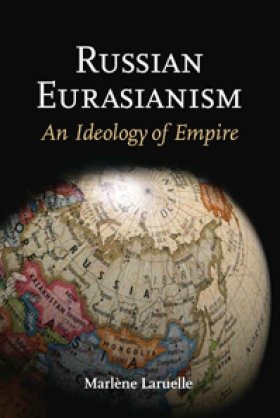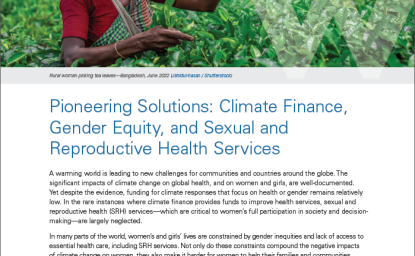Russian Eurasianism: An Ideology of Empire

-
Since the dissolution of the Soviet Union, Russia has been marginalized at the edge of a Western-dominated political and economic system. In recent years, however, leading Russian figures, including former president Vladimir Putin, have begun to stress a geopolitics that puts Russia at the center of a number of axes: European-Asian, Christian-Muslim-Buddhist, Mediterranean-Indian, Slavic-Turkic, and so on. This volume examines the political presuppositions and expanding intellectual impact of Eurasianism, a movement promoting an ideology of Russian-Asian greatness, which has begun to take hold throughout Russia, Kazakhstan, and Turkey. Eurasianism purports to tell Russians what is unalterably important about them and why it can only be expressed in an empire. Using a wide range of sources, Marlène Laruelle discusses the impact of the ideology of Eurasianism on geopolitics, interior policy, foreign policy, and culturalist philosophy.
Marlène Laruelle is currently a research fellow at the Central Asia and Caucasus Institute of the Paul H. Nitze School of Advanced International Studies at the Johns Hopkins University. In Paris, she is an associate scholar at the French Center for Russian, Caucasian, and East-European Studies at the School of Advanced Social Sciences Studies.
Author
 Marlène LaruelleFormer Fellow;
Marlène LaruelleFormer Fellow;
Director and Research Professor, Institute for European, Russian and Eurasian Studies (IERES), Elliott School of International Affairs; Director, Central Asia Program, The George Washington University; Co-Director of PONARS (Program on New Approaches to Research and Security in Eurasia)Browse Insights & AnalysisExplore More
Browse Insights & Analysis
Beating the Backlash: Can Incremental Approaches Strengthen NGO Responses to Security-Based Migration Policies
Posted date/time:Source: New Security Beat
A Continent of Consequence
Posted date/time:Source: Wilson Quarterly
Demographic Trends Present Risks and Opportunities - Wilson Quarterly Summer 2024
Duration:38:00Posted date/time:
